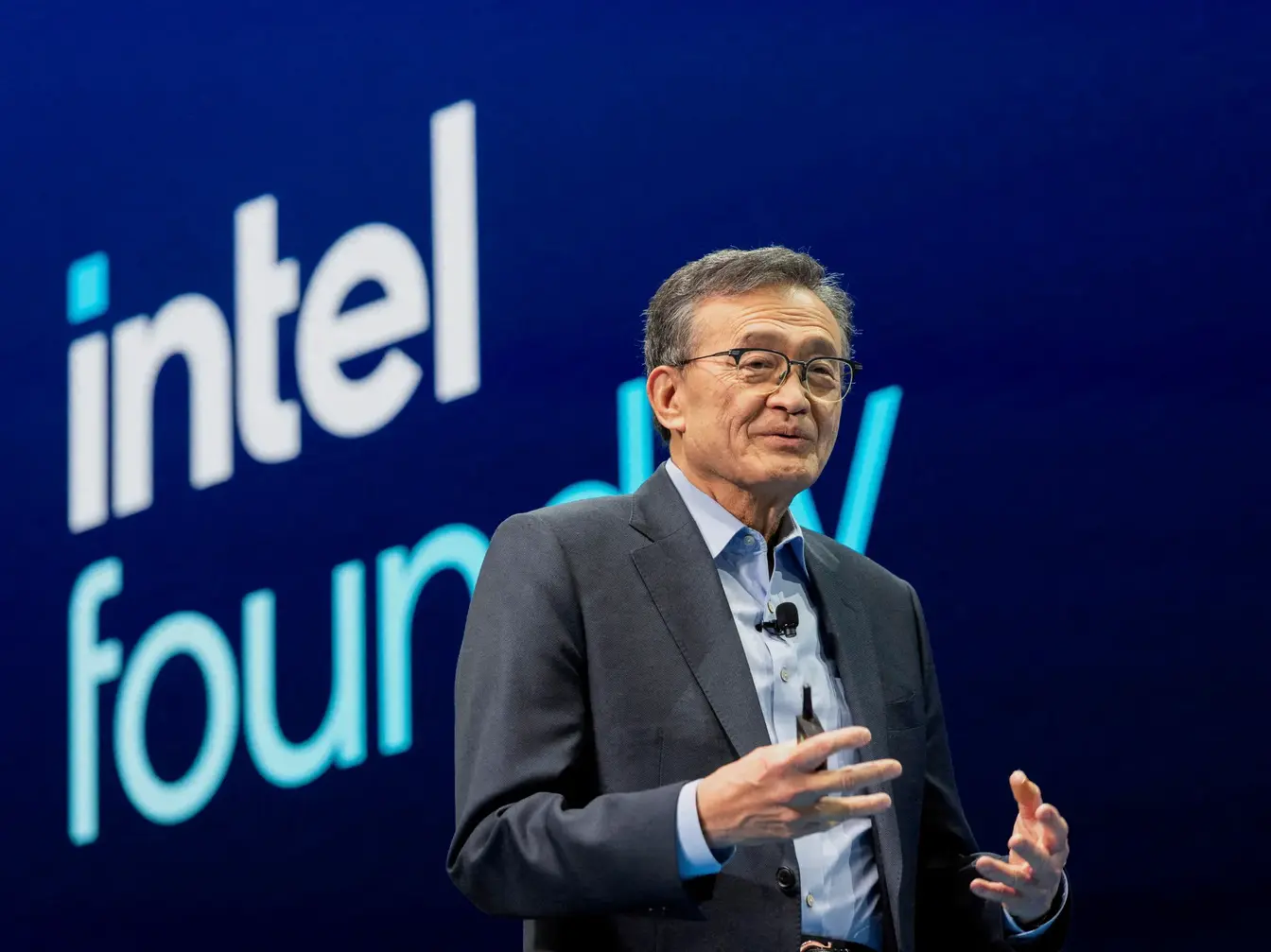T4K3.news
Intel faces political pressure after Trump resignation call
Trump calls for Intel CEO Lip-Bu Tan to resign amid questions about his investments tied to Chinese-linked firms; Intel says it is addressing the concerns and engaging with the administration.
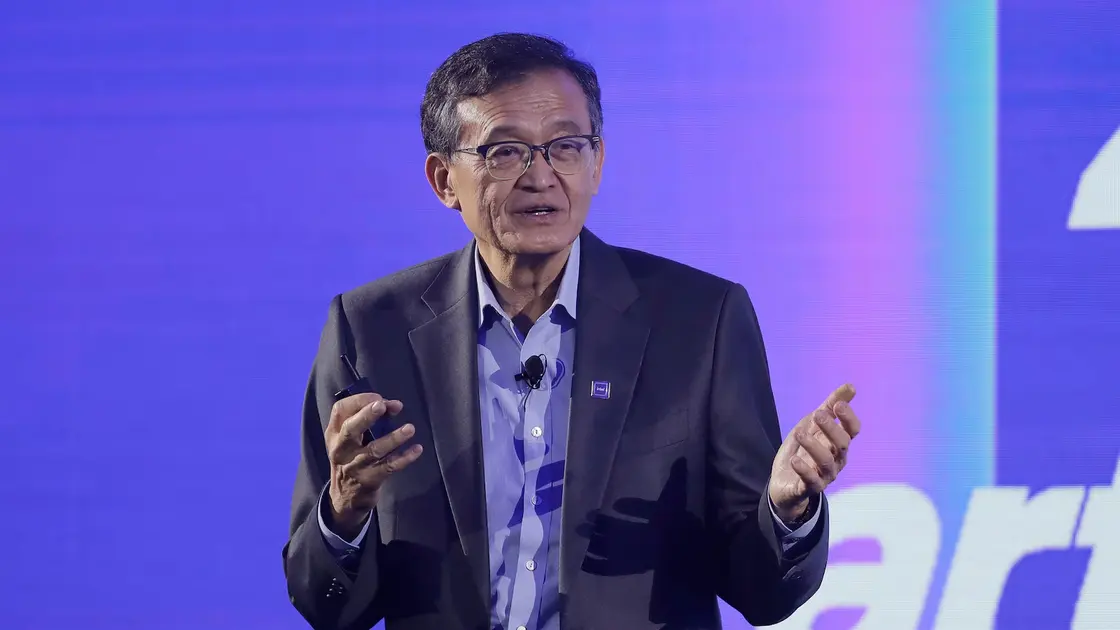
Intel CEO Lip-Bu Tan faces scrutiny after a Trump call for his resignation linked to investments tied to Chinese firms.
Intel faces pressure after Trump calls for Tan resignation
President Donald Trump urged Intel CEO Lip-Bu Tan to resign on Truth Social, accusing him of being conflicted due to Tan’s holdings in firms linked to the Chinese Communist Party and the People’s Liberation Army. A letter from Senator Tom Cotton to Intel's board questioned whether Tan had divested these holdings to avoid conflicts, and it remained unclear on Thursday whether any divestment had occurred.
Intel said it remains deeply committed to U.S. national and economic security and is engaging with the administration to address concerns. Tan told employees there was misinformation about his past roles at Walden International and Cadence Design Systems and that he has always followed proper standards. The company noted it is in contact with the Trump administration; the stock rose slightly in premarket trading.
Key Takeaways
"I have always operated within the highest legal and ethical standards"
Tan defending his conduct amid scrutiny
"Intel was in contact with the Trump administration"
Company statement about outreach
"I fully share the President's commitment to advancing U.S. national and economic security"
Tan reiterating alignment with national priorities
"The CEO of Intel is highly CONFLICTED and must resign, immediately"
Trump's public demand
The episode shows how politics now colors corporate leadership, especially in sectors tied to national security. Chipmakers operate at the intersection of technology and geopolitical strategy, so personal investments in global firms can become public concerns. As U.S. policy and market forces collide, governance practices around disclosure and divestment will be under closer scrutiny.
Investors will watch whether any divestment occurs and how transparently Intel communicates governance steps. If political pressure persists, boards may tighten disclosure rules, potentially affecting strategic moves. The broader implication is that policy choices and market responses are increasingly intertwined in the tech sector.
Highlights
- I have always operated within the highest legal and ethical standards
- Intel was in contact with the Trump administration
- I fully share the President's commitment to advancing U.S. national and economic security
- There was misinformation circulating about my past roles
Political backlash and investor scrutiny
The involvement of political figures and potential conflicts of interest raises governance questions and could drive investor volatility. The case intersects with national security debates and U.S.–China tech rivalry, creating reputational risk for Intel and its leadership.
The evolving dynamic between policy aims and corporate governance will keep testing leadership decisions in the months ahead.
Enjoyed this? Let your friends know!
Related News
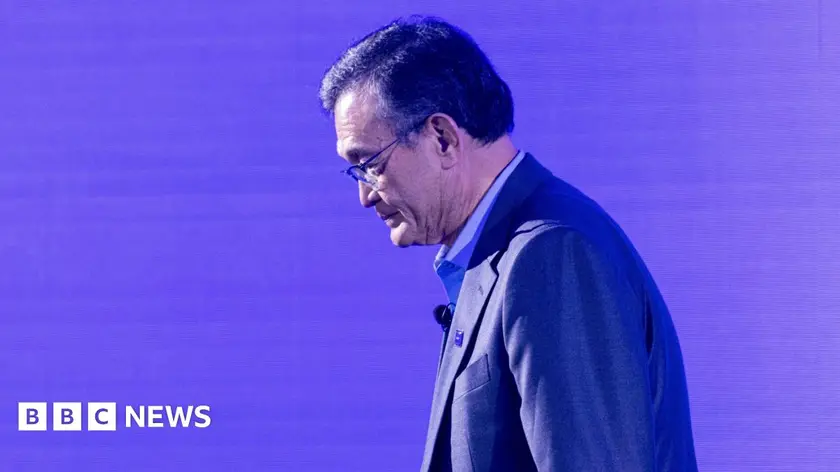
Trump calls for Intel CEO to resign over China ties
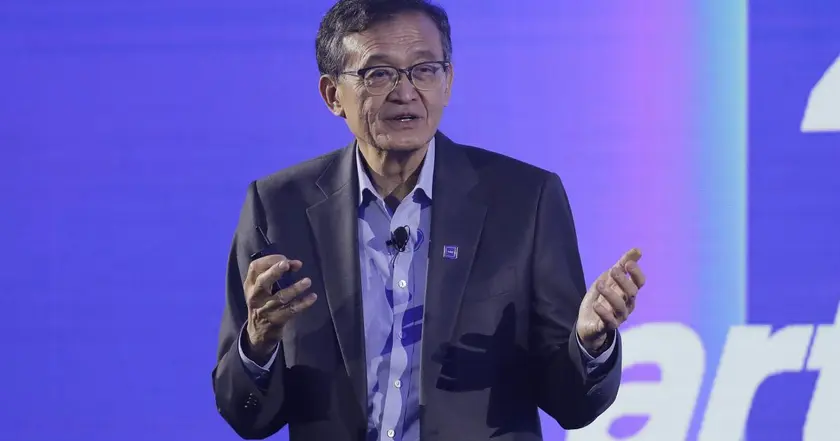
Trump demands Intel CEO's resignation amid China investment concerns
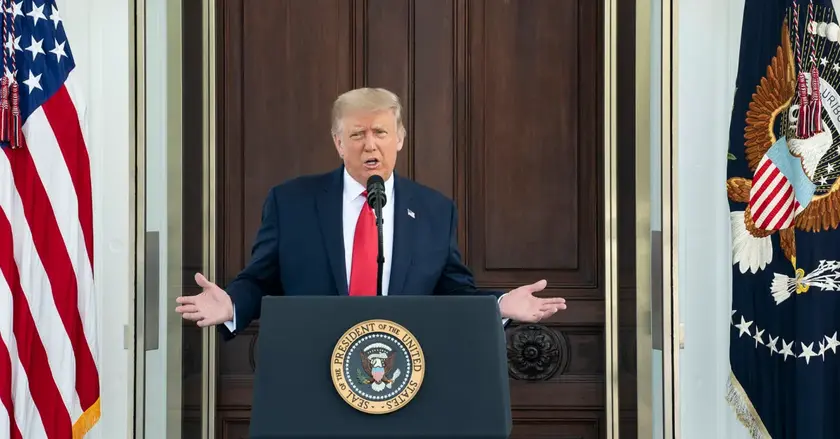
Intel CEO Resists Resignation Demand
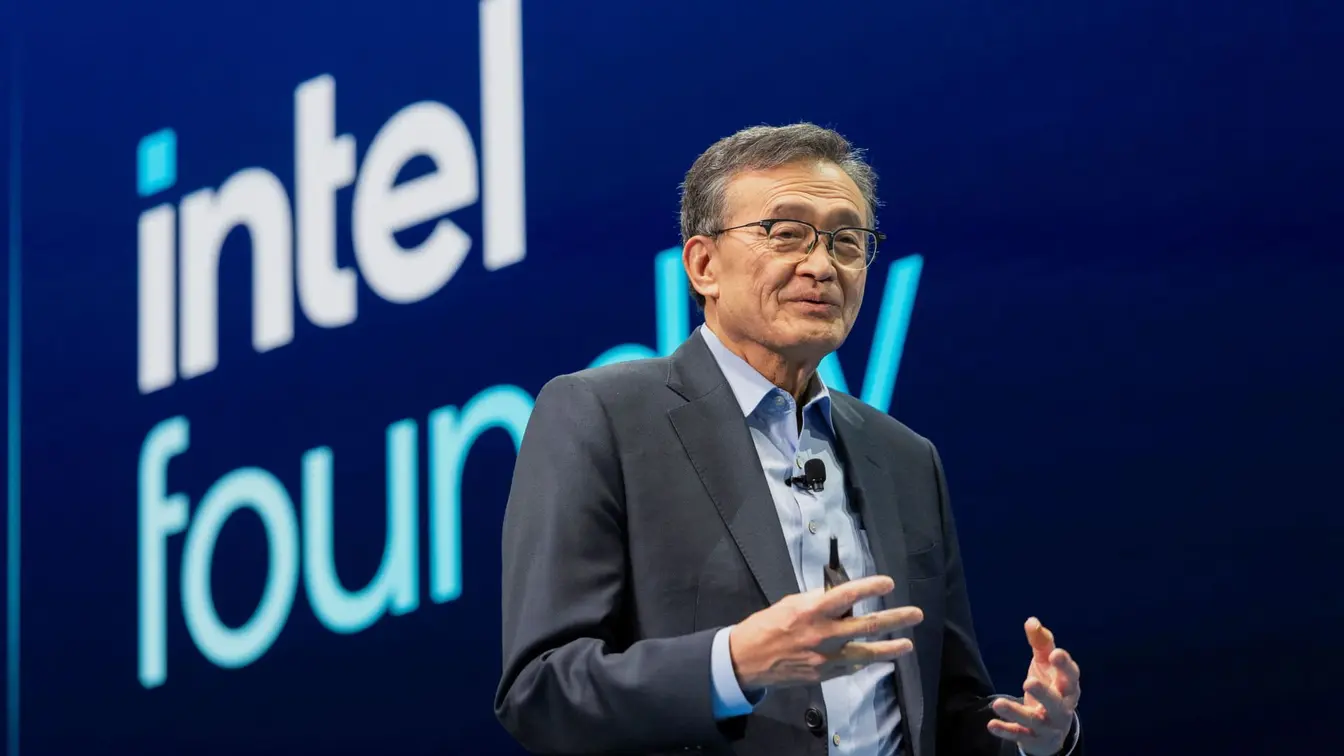
Trump demands Intel CEO resign amid stock drop
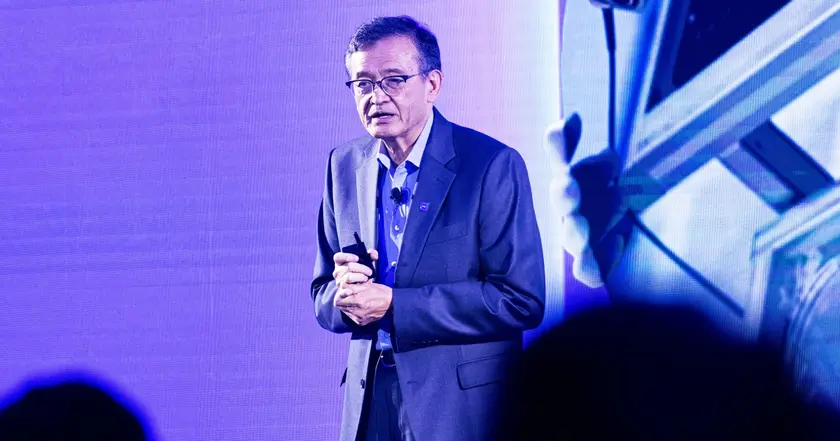
Trump demands Intel CEO resignation
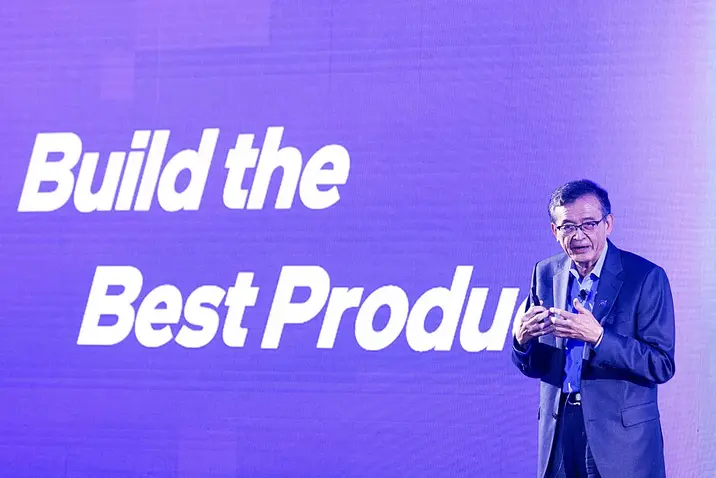
Trump calls for resignation of Intel CEO
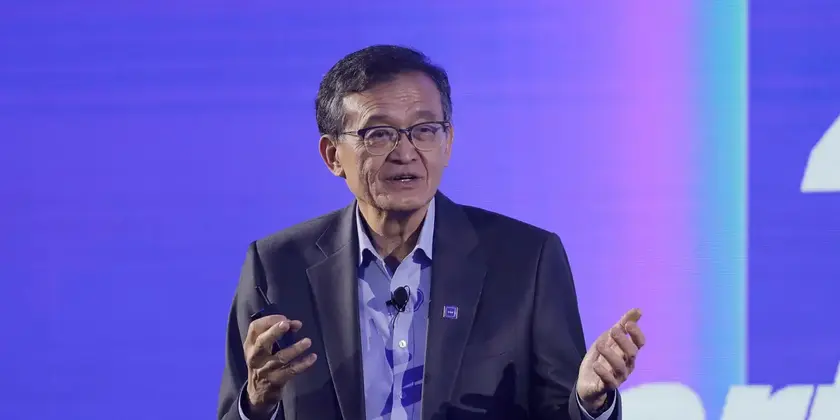
Intel CEO responds to Trump resignation demand
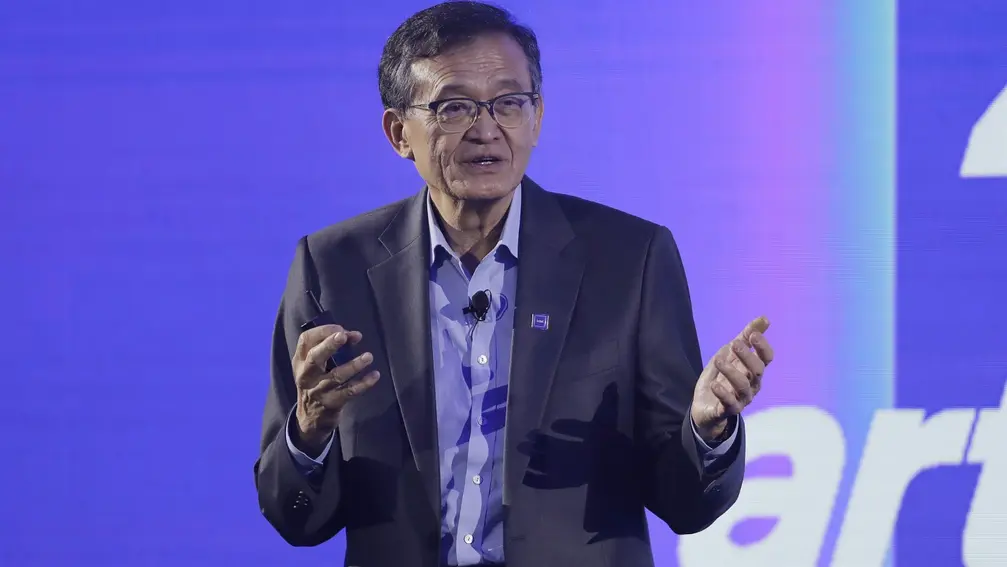
Trump demands Intel CEO resign over conflicts
